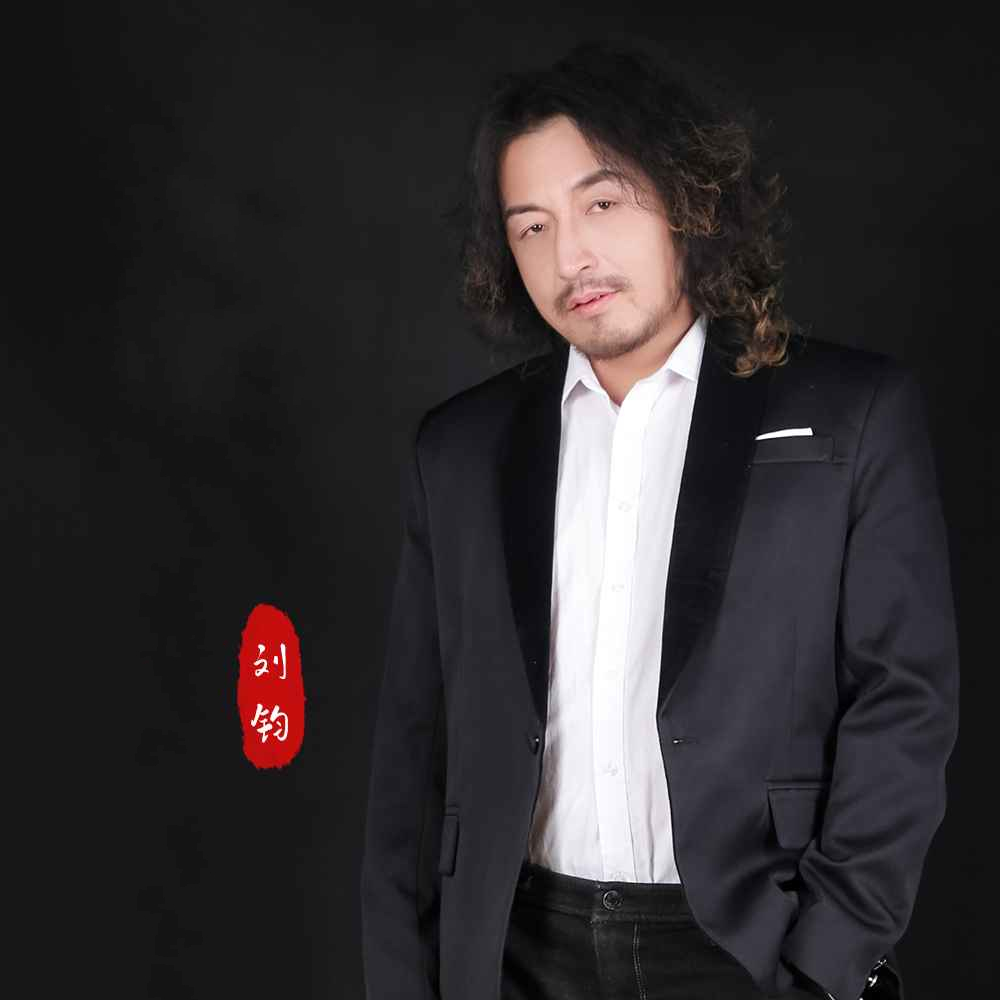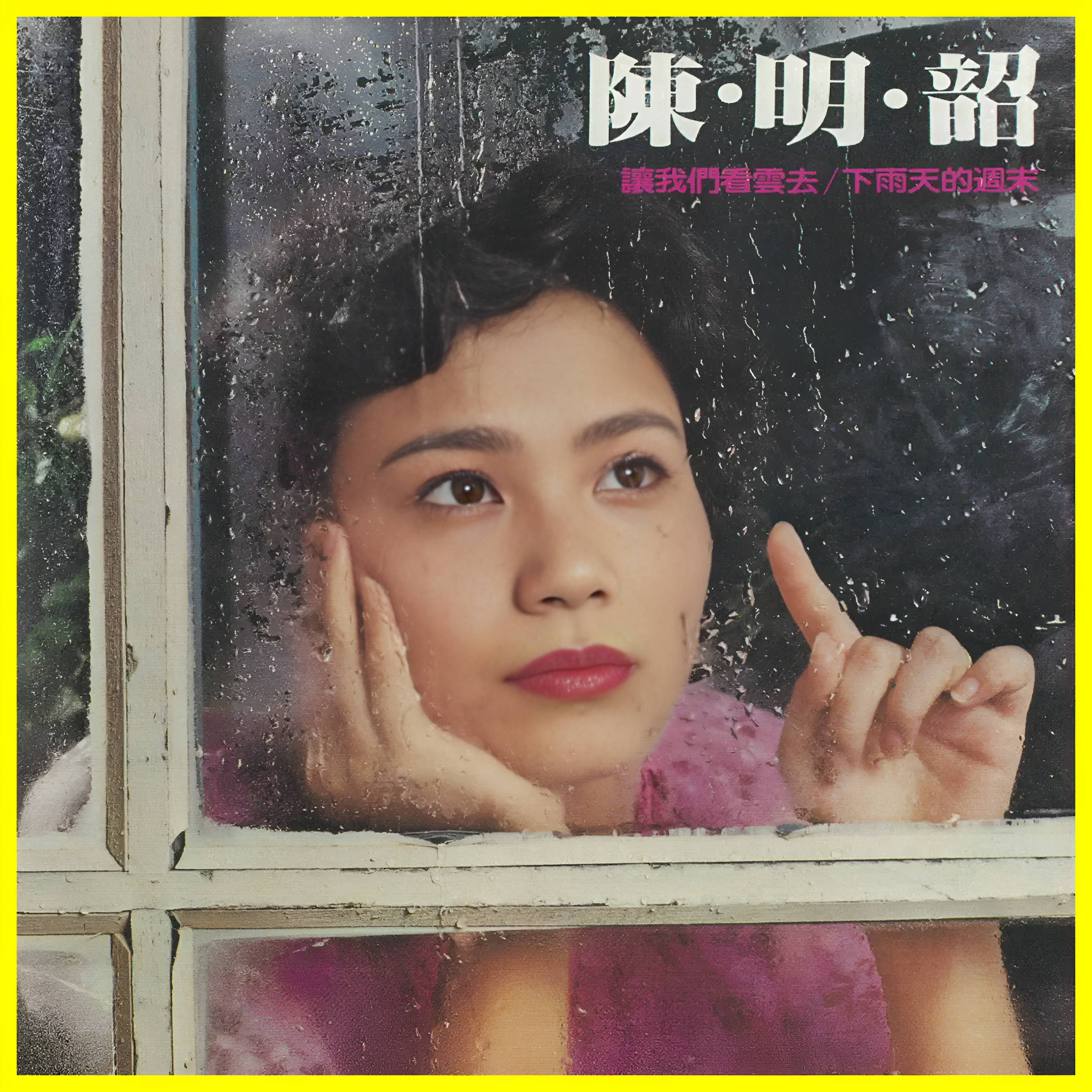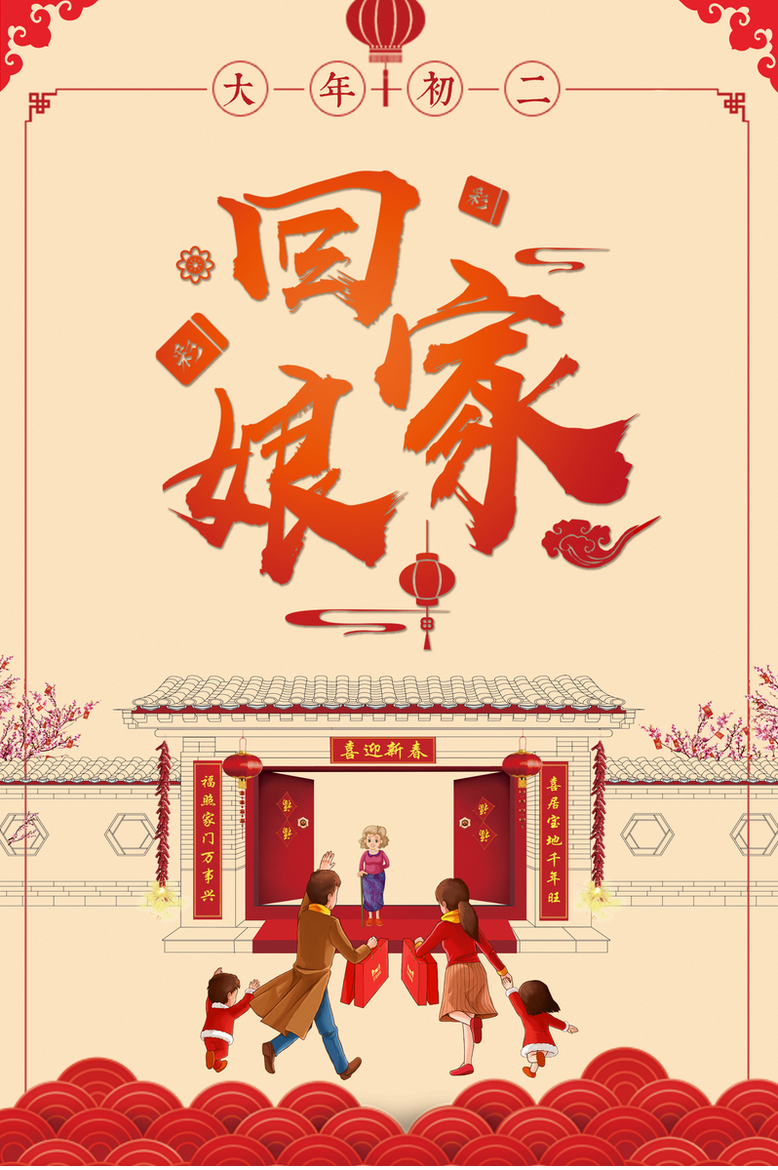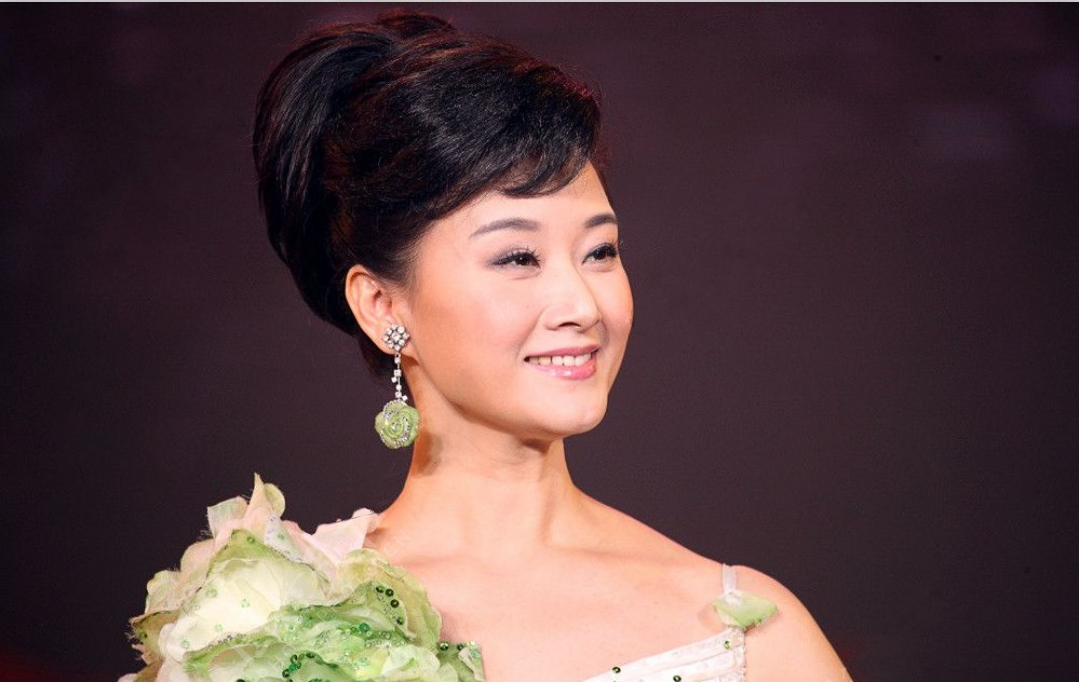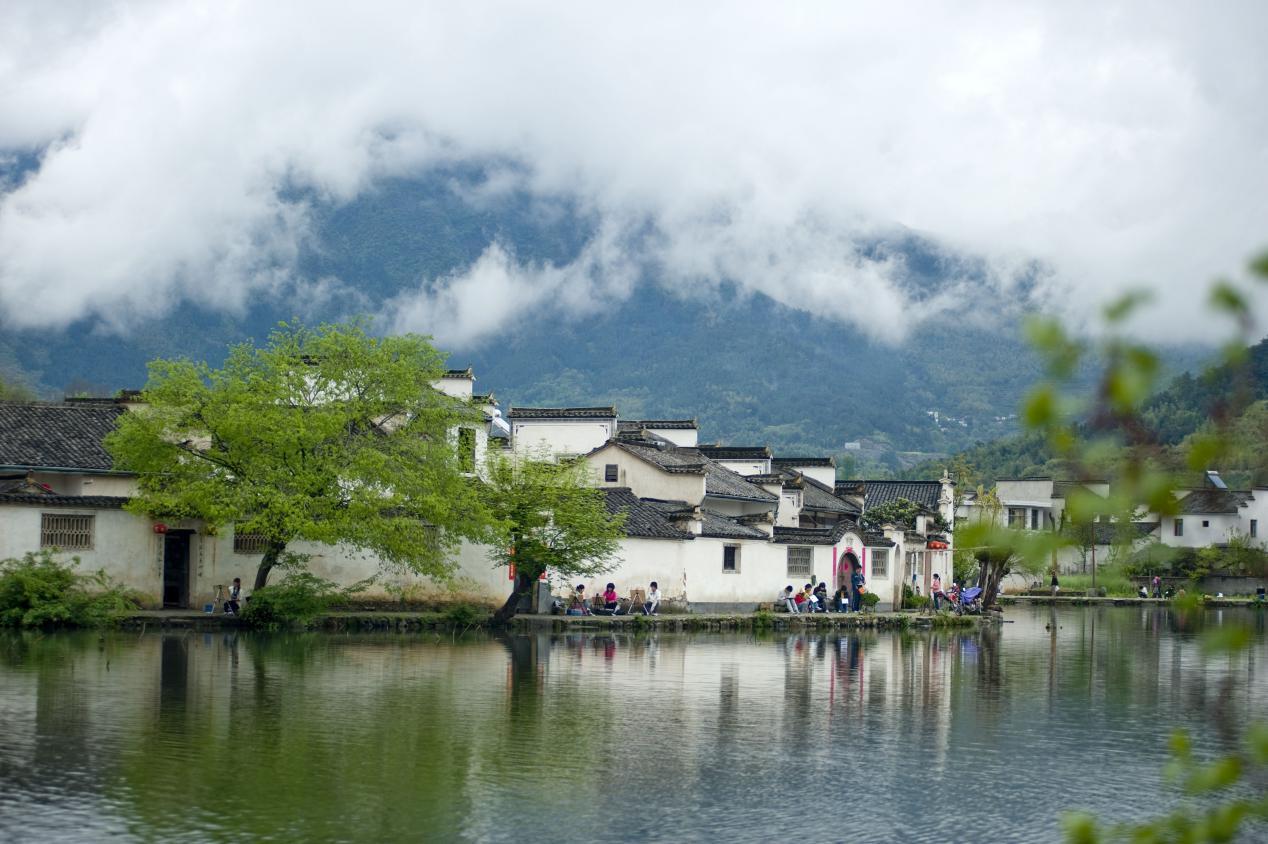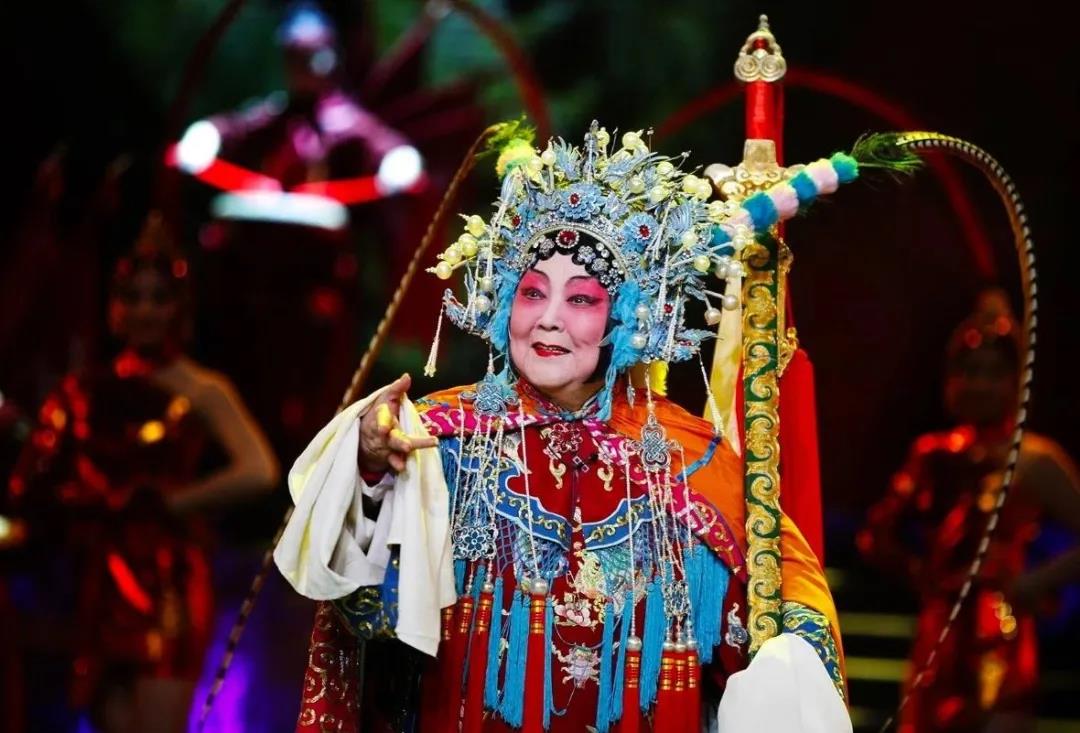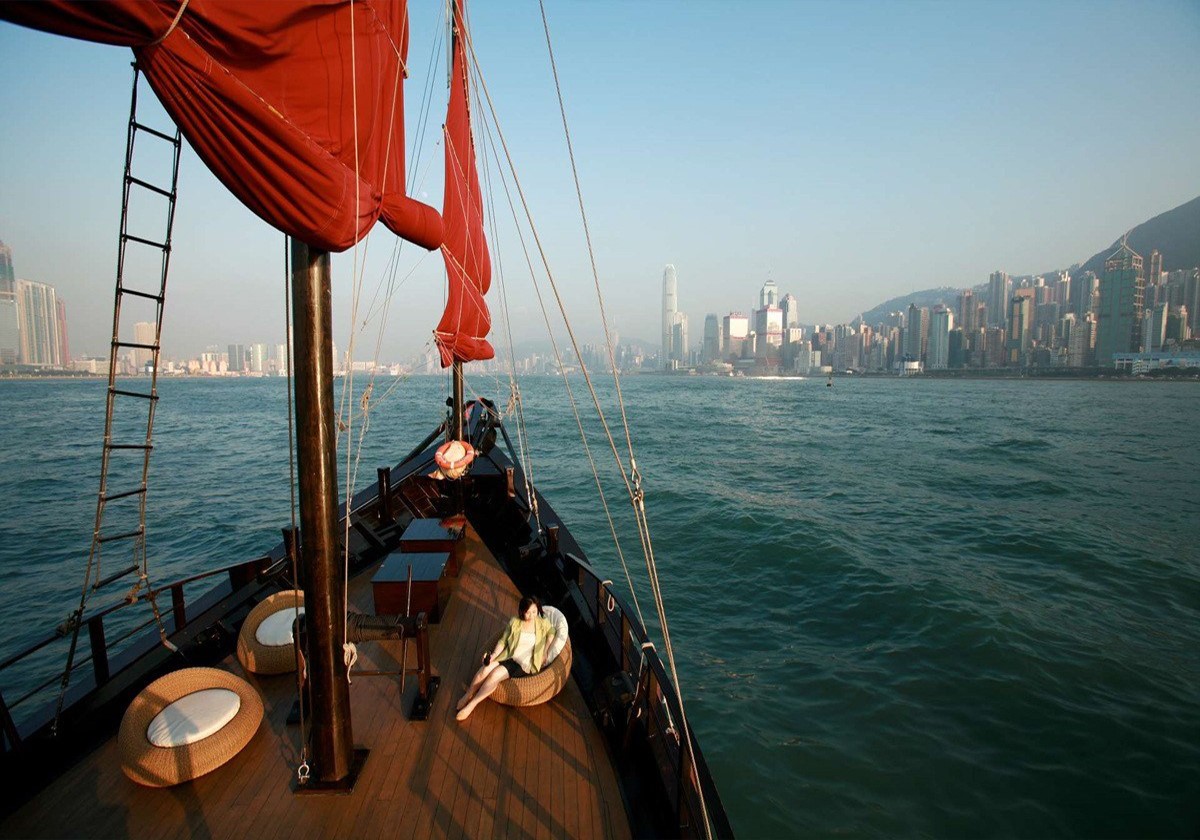
Dominio de Pingus is a Spanish winery located in Quintanilla de Onésimo in Valladolid province with vineyards in La Horra area of the Ribera del Duero region. The estate's flagship wine, Pingus, is considered a "cult wine", sold at extremely high prices while remaining very inaccessible,[1][2] and commands an average price of $811 per bottle.[3]
The winery also produces a second wine, Flor de Pingus, and a special cuvée, Ribera del Duero "Amelia". Recently, Dominio de Pingus has founded a joint project with local grape producers to make an old vine tempranillo called "PSI".
Dominio de Pingus was established in 1995 by Danish oenologist Peter Sisseck, also manager of the Pesquera de Duero estate Hacienda Monasterio.[4] On the estate's winemaking philosophies, Sisseck has stated, "The vines in my plots are very old. They have never been fertilised nor treated with pesticides and all grow following the traditional en vaso system. They are perfect."[4]
About the first 1995 vintage of Pingus, Robert Parker declared, "One of the greatest and most exciting wines I have ever tasted".[5] With a very limited first vintage production, only 325 cases were made with prices initially set at US$200 per bottle, it became yet more scarce when in November 1997 the ship transporting a U.S. bound shipment of 75 cases disappeared somewhere off the Azores in the North Atlantic Ocean.[6] The shipwreck resulted in a dramatic reaction in the US market, with prices soon rising to $495 per bottle.[5][6]
At the Ronda WineCreator conference of April 2008, Sisseck was angered by suggestions by Decanter editor Guy Woodward that some winemakers make wines to suit the palates of certain critics. In response he called Woodward's remarks arrogant for implying winemakers do not have their own opinions, adding, "I don't even think it is possible to do this."[7]
In 2007 it was announced that the Spanish government had approved plans to expand highway roads through the vineyards of Dominio de Pingus and other wineries, which was met with strong opposition by Sisseck who called it a "vengeful measure".[8]
Planted with very old vines of Tinto Fino, i.e. Tempranillo, the vineyards are 2.5 hectares (6.2 acres) in Barrosso with vines exceeding 65 years and 1.5 hectares (3.7 acres) in San Cristobal with vines older than 70 years, and the unusually low average yield of 12 hL per hectare. Since 2000, the viticulture has been biodynamic. Of the annual production of Pingus there is typically less than 500 cases, though in poor vintages no Pingus is made.
The production of the second wine Flor de Pingus, also 100% Tempranillo, is made with fruit from rented vineyards in the La Horra zone, with vines older than 35 years. Since the 2005 vintage, the viticulture has been biodynamic. The annual production is on average 4,000 cases.
Additionally there has been the single barrel cuvée, Ribera del Duero "Amelia", made from a vineyard parcel of 100+ year old vines with an average yield of 10 hL per hectare, with biodynamic viticulture since its initial 2003 vintage. The 2005 vintage had a production of 25 cases.
"PSI" is a joint project based on fruit produced by local grape growers from old tempranillo vines. The goal is to help grape producers and save old vines. Project was founded in 2006, first vintage was 2007. Grape growers are encouraged to employ biodynamic or organic vineyard management practices. The wine is made by Peter Sisseck and Pablo Rubio and sold under producer name Bodegas y Viñedos Alnardo. Vinification takes place in large concrete vats and aging in concrete and wooden tanks and oak barrels. Production of PSI 2009 was 9,600 cases, PSI 2010 was 16,600 cases.

仁:仁者,人人心德也。心德就是良心,良心即是天理,乃推己及人意也。所以仁字,从二人相处,因为人不能离群而独存,别人之观念立,人之人格显,方能雍容和谐,以立己立人,发挥老吾老幼吾幼之怀抱,以及己所不欲,勿施于人,事物为人,而不为己,发为恻隐之心,宽裕温柔,仁也。
义:义者,宜也,则因时制宜,因地制宜,因人制宜之意也。所当做就做,不该做就不做。见得思义,不因果滥取不义之财物。子曰:「君子喻於义,小人喻於利,不义而富且贵,於我如浮云。」所以人发为羞恶之心,发为刚义之气,义也。
礼:礼者,说文:礼,履也,所以事神致福也。释名:礼,体也,得其事证也,人事之仪则也。进退周旋得其体,乃是正人身之法也。尊卑长幼有序,处事有规,淫乱不犯,不败人伦,以正为本,发为恭敬之心,斋庄中正之态,礼也。
智:智者,知也,无所不知也。明白是非、曲直、邪正、真妄,即人发为是非之心,文理密察,是为智也。
信:信者,信字从人言,言非曰,乃有定之文也,以今之概念定义可解为“学说”、“思想”。信与知对立,知宜者唯宜以行,不知宜者从他人言而信,进而守礼以近仁。因此言:必信者无义。
孔子曾将“智仁勇”称为“三达德”,又将“仁义礼”组成一个系统,曰:“仁者人(爱人)也,亲亲为大;义者宜也,尊贤为大;亲亲之杀,尊贤之等,礼所生焉。” 仁以爱人为核心,义以尊贤为核心,礼就是对仁和义的具体规定。
孟子在仁义礼之外加入“智”,构成四德或四端,曰:“仁之实事亲(亲亲)是也;义之实从兄(尊长)是也;礼之实节文斯二者是也;智之实,知斯二者弗去(背离)是也。” “性善说”,曰:“恻隐之心,人皆有之;羞恶之心,人皆有之;恭敬之心,人皆有之;是非之心,人皆有之。恻隐之心,仁也;羞恶之心,义也;恭敬之心,礼也;是非之心,智也。仁义礼智,非由外铄我也,我固有之也,弗思耳矣。” (《孟子·告子上》)
董仲舒又加入“信”,并将仁义礼智信说成是与天地长久的经常法则(“常道”),号“五常”。 曰:“夫仁、谊、礼、知、信,五常之道。”(《举贤良对策一》)
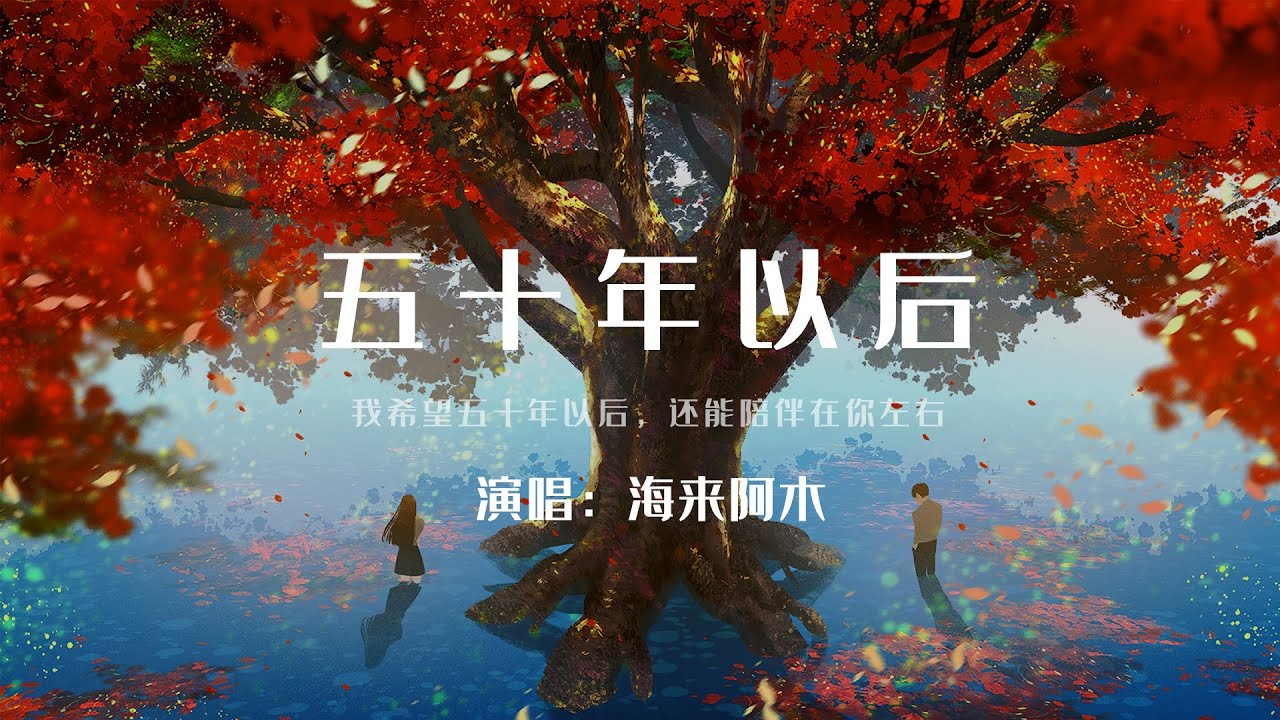
此生最好的运气
就是遇见了你
刚好你也爱我
我也爱着你
在这个尴尬年纪
我不再是一个人
多幸运能和你在一起
此生最大的欢喜
就是等到了你
是你带我走出
那片沼泽地
从我们交换信物
深情相望那刻起
我的余生就是你
我希望五十年以后
你还能在我左右
和你坐在摇椅里
感受那夕阳的温柔
听微风轻轻地吹
听河水慢慢地流
再聊聊从前日子
刚谈恋爱的时候
我希望五十年以后
你还能在我左右
那时都已白了头
还想听你叫我丫头
轻轻牵着你的手
静静靠在你胸口
这个画面是不是就叫做长相厮守
此生最大的欢喜
就是等到了你
是你带我走出
那片沼泽地
从我们交换信物
深情相望那刻起
我的余生就是你
我希望五十年以后
你还能在我左右
和你坐在摇椅里
感受那夕阳的温柔
听微风轻轻地吹
听河水慢慢地流
再聊聊从前日子
刚谈恋爱的时候
我希望五十年以后
你还能在我左右
那时都已白了头
还想听你叫我丫头
轻轻牵着你的手
静静靠在你胸口
这个画面是不是就叫做长相厮守
我希望五十年以后
你还能在我左右
那时都已白了头
还想听你叫我丫头
轻轻牵着你的手
静静靠在你胸口
这个画面是不是就叫做长相厮守

因为梦见你离开
我从哭泣中醒来
看夜风吹过窗台
你能否感受我的爱
等到老去那一天
你是否还在我身边
看那些誓言谎言
随往事慢慢飘散
多少人曾爱慕你年轻时的容颜
可知谁愿承受岁月无情的变迁
多少人曾在你生命中来了又还
可知一生有你我都陪在你身边
因为梦见你离开
我从哭泣中醒来
看夜风吹过窗台
你能否感受我的爱
等到老去那一天
你是否还在我身边
看那些誓言谎言
随往事慢慢飘散
多少人曾爱慕你年轻时的容颜
可知谁愿承受岁月无情的变迁
多少人曾在你生命中来了又还
可知一生有你我都陪在你身边
当所有一切都已看平淡
是否有一种坚持还留在心间
呼哦 哦
多少人曾爱慕你年轻时的容颜
可知谁愿承受岁月无情的变迁
多少人曾在你生命中来了又还
可知一生有你我都陪在你身边
多少人曾爱慕你年轻时的容颜
可知谁愿承受岁月无情的变迁
多少人曾在你生命中来了又还
可知一生有你我都陪在你身边
可知一生有你我都陪在你身边

01.林憶蓮-傷痕 - 02.任贤齐 - 天涯 - 03.梁靜茹 分手快樂 歌詞 - 04.梁靜茹 -無條件為你 - 05.曹格 -背叛 - 06.林依晨 -孤單北半球 - 07.郁可唯 -指望 - 08.周華健 -有沒有一首歌會讓你想起我 - 09.花心 周华健 - 10.黃品源-小薇 - 11.莫文蔚-陰天 - 12.梁靜茹 -可惜不是你 - 13.張震嶽 -愛我別走 - 14.陳昇 -把悲傷留給自己 - 15.辛晓琪 - 领悟 - 16.凡人歌 - 李宗盛 - 17.任賢齊 -對面的女孩看過來 - 18.爱相随 周华健 - 19.伍佰 - 挪威的森林 - 20.劉若英 -後來 - 21.赵咏华 - 最浪漫的事 - 22.莫文蔚 他不愛我
不知道在那天边可会有尽头 只知道逝去光阴不会再回头 每一串泪水伴每一个梦想 不知不觉全溜走
不经意地在这圈中转到这年头 只感到在这圈中经过顺逆流 每颗冷酷眼光 到每声友善笑声 默然一一尝透
几多艰苦当天我默默接受 几多辛酸也未放手 故意挑剔今天我不在乎 只跟心中意愿去走
不相信未作牺牲就实现可以拥有 只相信始靠双手找到我要求 每一串汗水 换每一个成就 从来得失我睇透
不经意地在这圈中转到这年头 只感到在这圈中经过顺逆流 每颗冷酷眼光 到每声友善笑声 默然一一尝透
几多艰苦当天我默默接受 几多辛酸也未放手 故意挑剔今天我不在乎 只跟心中意愿去走
不相信未作牺牲就实现可以拥有 只相信始靠双手找到我要求 每一串汗水 换每一个成就 从来得失我睇透
心里从不会强求

爆竹声中一岁除,春风送暖入屠苏。
千门万户曈曈日,总把新桃换旧符。
译文及注释
译文
爆竹声中旧的一年已经过去,迎着和暖的春风开怀畅饮屠苏酒。
初升的太阳照耀着千家万户,都把旧的桃符取下换上新的桃符。
注释
元日:农历正月初一,即春节。
爆竹:古人烧竹子时使竹子爆裂发出的响声。用来驱鬼避邪,后来演变成放鞭炮。一(yí)岁除:一年已尽,“一”字用在第四声(去声)字的前面时,“一”变调,读第二声(阳平)。除,逝去。
屠苏:亦作“屠酥”,“屠苏”本来是一种阔叶草,南方民间风俗,有的房屋上画了屠苏草作为装饰,这种房屋就叫做“屠苏”。另一种说法是指屠苏酒,饮屠苏酒也是古代过年时的一种习俗,大年初一全家合饮这种用屠苏草浸泡的酒,以驱邪避瘟疫,求得长寿。
千门万户:形容门户众多,人口稠密。
曈曈:日出时光亮而温暖的样子。
桃:桃符,古代一种风俗,农历正月初一时人们用桃木板写上神荼、郁垒两位神灵的名字,悬挂在门旁,用来压邪。也作春联。

夜上海 Shanghai Nite 天涯歌女 Vagrant Singing Girl 花好月圆 Blooming Flower and Full Moon 月光小夜曲 Moonlight Serenade 五月的風 May Wind 香格里拉 Shangri-La 落花流水 Falling Flowers and Flowing Water 我家在哪裡 Where is My Home 給我一個吻 Give Me A Kiss 蘇州河邊 Over the Suzhou River
敲敲門 Knocking at Your Door 採檳榔 Pick the Better Palm 雨中徘徊 Wander in the Rain 04 嘆十聲 Ten Sighs 如果沒有你 If Without You 明月千里寄相思 Sending Love Thousands of Miles 江水向東流 The River Flows Eastward 08 昨夜你對我一笑 Smile with Me in Last Night 相思河畔 By the River of Lovesickness 我找到自己 I Find Myself 祝你順風 A Pleasant Journey to You 01. 00:00 花樣的年華 【詞:范煙橋 曲:林枚 原唱:周璇】 02. 03:26 鳳凰于飛 【詞:陳蝶衣 曲:陳歌辛 原唱:周璇】 03. 07:20 天上人間 【詞:楊彥歧 曲:姚敏 原唱:李麗華】 04. 11:26 西湖春 【蘇州話】 【詞:江濤 曲:陳歌辛 華語原唱:李麗華】 05. 14:52 桃李爭春 【現場版】 【詞:李雋青 曲:陳歌辛 原唱:白光】 06. 18:49 我有一段情 【詞:辛夷 曲:姚敏 原唱:吳鶯音】 07. 23:29 薔薇處處開 【詞:陳歌辛 曲:陳歌辛 原唱:龔秋霞】 08. 27:09 小小洞房 【滬語】 【詞:吳祖光 曲:陳歌辛 華語原唱:周璇】 09. 31:07 月圓花好 【詞:范煙橋 曲:嚴華 原唱:周璇】 10. 34:43 永遠的微笑 【詞:陳歌辛 曲:陳歌辛 原唱:周璇】 11. 39:29 情人的眼淚 【詞:陳蝶衣 曲:姚敏 原唱:潘秀瓊】 12. 44:46 今宵多珍重 【詞:林達 曲:王福齡 原唱:崔萍】



